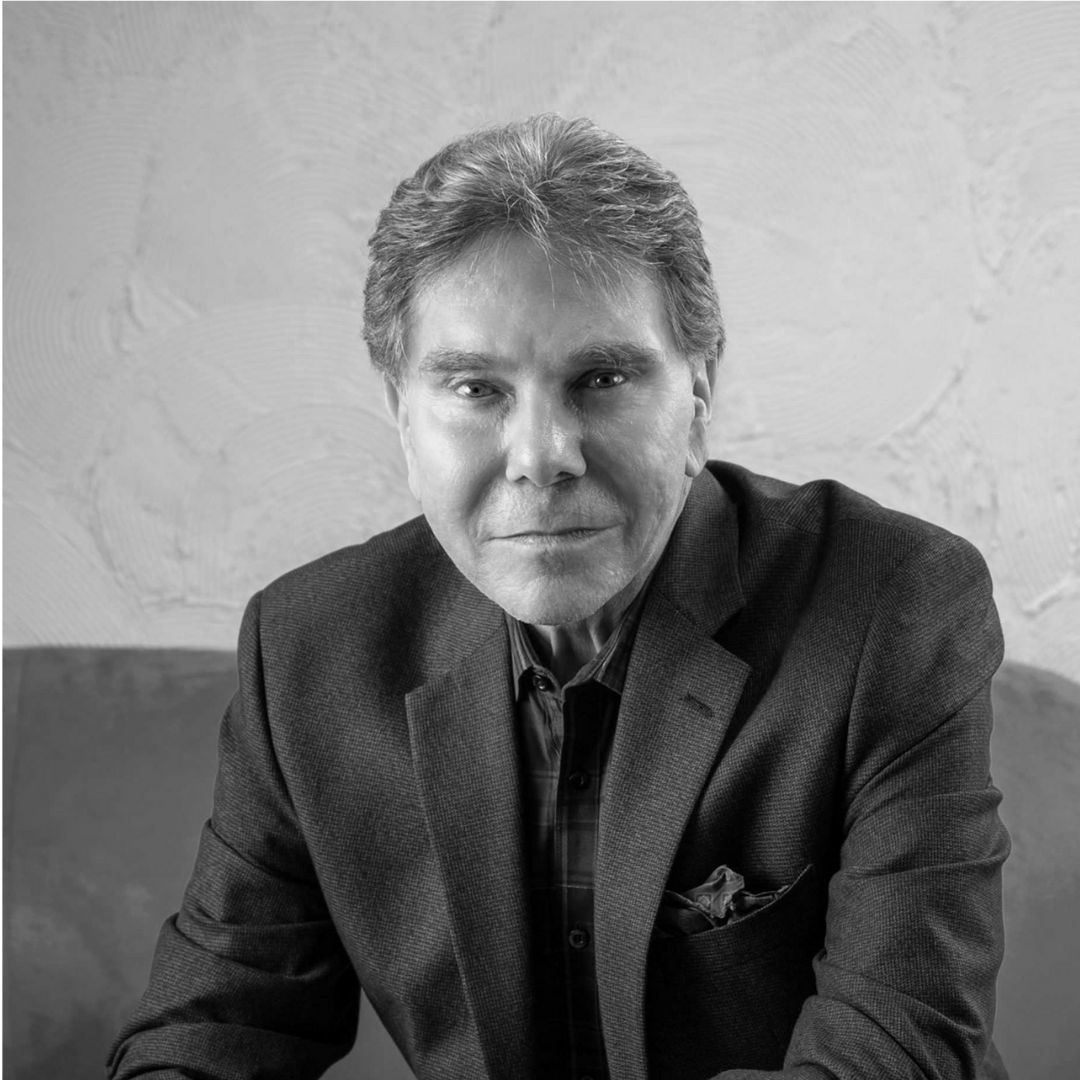 | Robert Cialdini is the Regents’ Professor Emeritus of Psychology and Marketing at Arizona State University and was a visiting professor of marketing, business and psychology at Stanford University, as well as at the University of California at Santa Cruz |
What motivated you to work on Behavioural Science?
Two things. First was a recognition that, although many of the factors social scientists were studying when I was training as a social psychologist involved changing attitudes or beliefs or perceptions, these factors were often seen as important because they led to behavior change. Then, why not make behavior the prime focus of my research? Second, behavior is best studied in naturally-occurring field settings; and, in my view, such settings have important advantages for understanding the most powerful elements that bring about human change.
What do you think is the future of Behavioural Science in the next five, and ten years?What major challenges do you foresee?
As regards the first question, I can say where Behavioral Science will be in the next 5-10 years. But, I do know where to look for the answer: It is in the spontaneous research interests of Behavioral Science graduate students. They are the oracles of our discipline. As for the second question, I think it will be to calm the fears of some outside observers that the practices and findings of Behavioral Science will be used to manipulate people into poor choices or to deprive people of the ability to make free
choices.
Which behavioural scientist(s) do you admire the most and why?
That’s an easy choice: Daniel Kahneman and Richard Thaler. As to why, a look at the work that won each a Nobel prize offers the answer. Suffice it to say that their work establishes each as a primogenitor of Behavioral Science
What advice would you give to a beginner in Behavioural Science? What are some of the crucial skills one has to develop to succeed in this field?
My advice would be to look to naturally-occurring field setting as much as possible to find and test behavioral phenomena worthy of investigation. A particularly valuable skill Behavioral Science researchers should try to hone is empathy–empathy with the subjects of one’s investigations to identify the true feelings, beliefs, and circumstances that apply to those subjects as they enter the research situation..
If you were starting your career again today, what would you do differently?
I’d move from primarily laboratory to primarily field research settings sooner.
What books/publications would you like to recommend to our readers? (around 3)
Thinking Fast and Slow by Daniel Kahneman
Nudge by Richard Thaler and Cass Sunstein
Sapiens by Yuval Noah Hararri
What is your favourite quote in Behavioural Science?
“Nothing is as important as you think it is while you are thinking about it.”
Daniel Kahneman
How do you apply the notions of Behavioural Science in your personal life?
I try to correct my own choices in keeping with the Kahneman quote I just reported.
If you could interview any one fictional or historical figure, who would you choose and
why? (optional)
A selection of Gentiles who, during the years of the Holocaust, chose to protect and/or aid Jews at great risk to themselves and their own families. I’d be interested in learning of the perceived causes of their actions.
Tell us something interesting about yourself most people don’t know. (optional)
At the end of high school, I had to choose between going to college to study psychology or playing professional baseball. I will be forever grateful to a former professional baseball player who advised me to chose the first option.